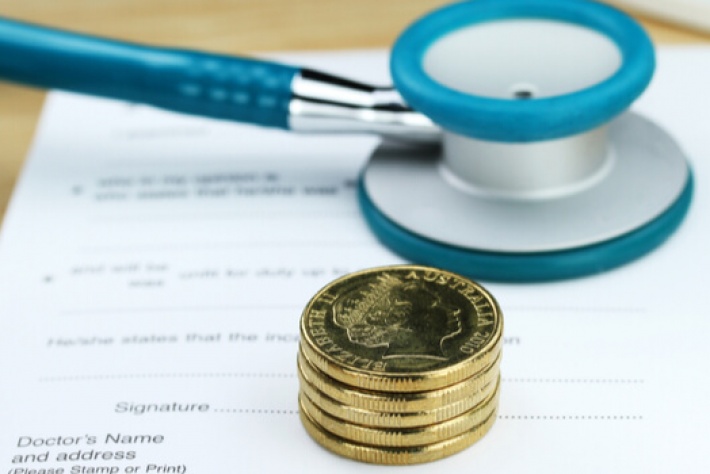Understanding sick pay for the self-employed

As a self-employed person, it can be difficult to manage your business when you fall ill. Missing a deadline could disappoint clients, and this might have short-term and long-term implications.
You could even suffer a long-term drop in income if clients decide to move away from your business. So are you eligible to claim sick pay as a self-employed person, and if not, are there any other options that could protect your income in the event of illness?
Statutory Sick Pay (SSP) and the self-employed
Unfortunately, you’re not entitled to claim Statutory Sick Pay as a self-employed individual, as it’s only available if you’re employed by a company. You may be eligible to claim Universal Credit, however, and this does include a benefit that might be of help.
Employment and Support Allowance (ESA) is designed to help people who are unable to work due to illness or disability, but you have to make yourself available for work/interviews in some instances, so this could be a negative aspect.
Take out insurance
Income protection insurance and critical illness insurance provide cover for illness in self-employment. Income protection insurance typically pays up to 70% of a self-employed person’s normal income, with long-term and short-term cover options being available.
Critical illness insurance provides a lump sum of cash if you’re diagnosed with one of the illnesses/conditions stated in the policy. The number of illnesses included varies between insurers, however, so it’s possible that an illness you suffer from won’t be covered.
Build an emergency fund
Building a fund specifically for use when you’re unable to work can take away some of the stress of losing business, and allow you to recuperate fully. It’s advisable to save at least six months’ of expenses into a separate account to ensure you don’t fall into financial difficulty when you’re ill. The more you save into an emergency fund the greater the protection you’ll have against loss of income – an important consideration if you’re ill for a long period of time, and you start to lose customers.
Increase your rates
You can make provision for your own sick pay by increasing your hourly rates across the board. This can be a good option as it anticipates the need to take time off when you’re ill, and lessens some of the associated stress.
Your accountant will be able to advise by how much you should increase your rates, and whether any other self-employed sick pay solutions we’ve mentioned here would suit your particular business.
If you would like more information about sick pay as a self-employed person, we can put you in touch with qualified accountants in your area who will explain your situation and offer tailored solutions.
Handpicked Accountants has developed a UK-wide network of professional contacts, both individual accountants and larger accountancy practices, so you don’t have to worry about finding your own. Please contact one of our expert team to find out more.


